Surprisingly, Vivaldi hadn’t notified me of any updates for months—I was on v. 2.05, and had no idea that they were up to 2.10. Having upgraded manually, I noticed its handling of type had deteriorated. Here is one paragraph in Lucire:

My font settings had also changed.
Coincidentally, I downloaded Opera GX last night to have a go, and it displays type in the way I’m used to:

Since both are Chromium-based, and Opera is sensitive about privacy as Vivaldi is, I decided to make the change and see if I like the new browser better. I was used to Operas of old being independent, not Chromium-based, but the good news is I could use the same plug-ins.
I’m missing Vivaldi’s easy screenshot process and its clipping (Opera GX has something similar but introduces an extra step of saving the file) but so far the browsers aren’t too different in terms of everyday functionality. Opera GX’s extensions’ window isn’t as well organized and I have to scroll to tinker with the settings of anything later in the alphabet.
The unchangeable dark theme takes a bit of getting used to (but it matches my laptop, so there’s that), and there’s a GX home page that’s superfluous for me.
I don’t need the built-in ad blocker out of principle, but I do have certain anti-tracking plug-ins (e.g. Privacy Badger) that I was able to install from the Opera shop without incompatibility.
Hard-core gamers may like the CPU limiter and RAM limiter, to make sure the browser doesn’t eat up capacity for their games. It’s not something I need concern myself about, but I can see it being handy. I remember when old Chrome (many years ago) and Firefox (more recently) began eating memory like crazy with my settings (no idea why), and this would have been useful.
But as someone who reads online a lot, it’s important that type is properly handled. I don’t know what Vivaldi has done to its type rendering, and that’s probably the biggest thing that tipped me in favour of change.

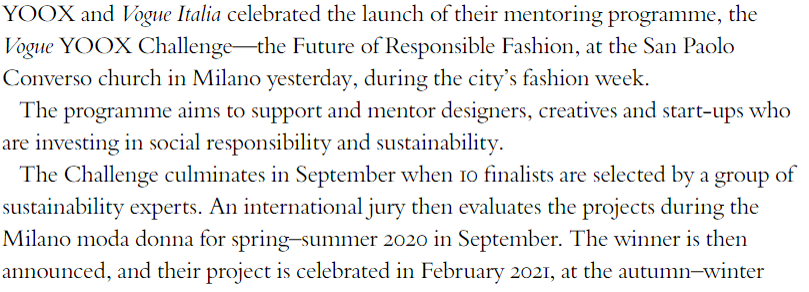
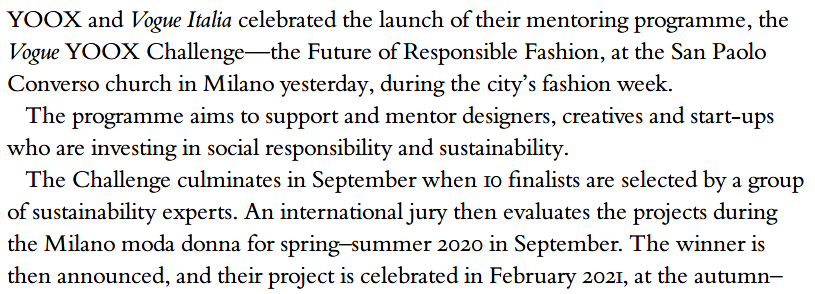
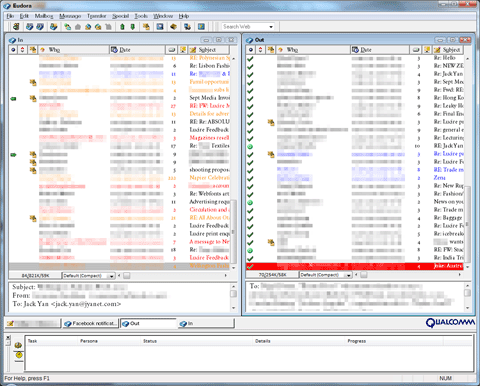
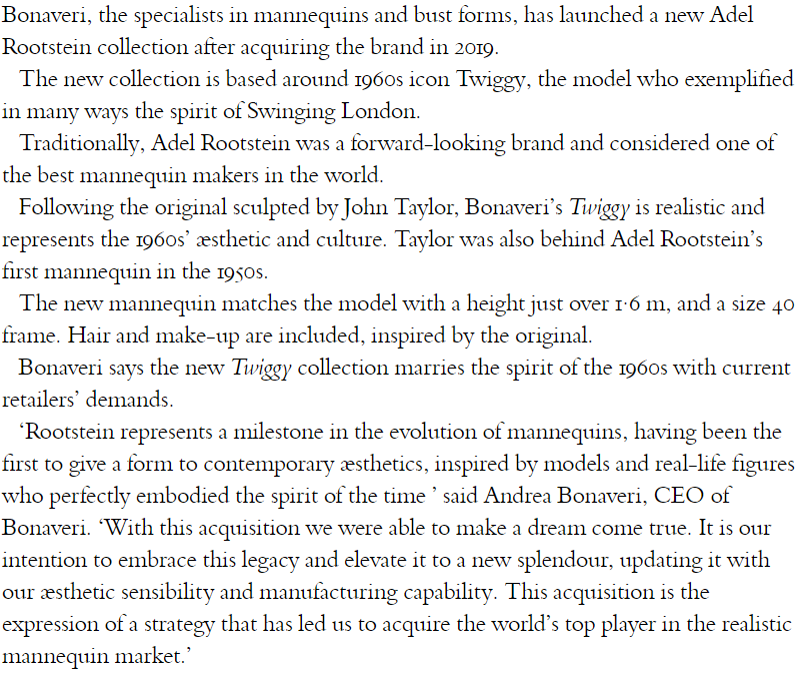
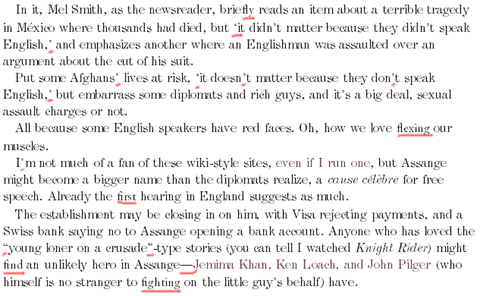
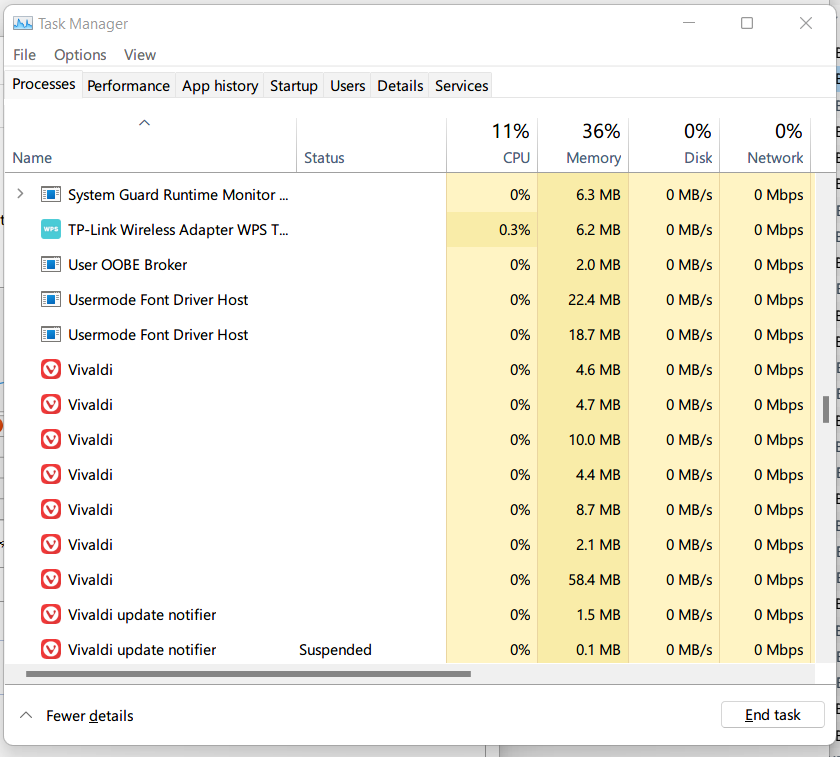
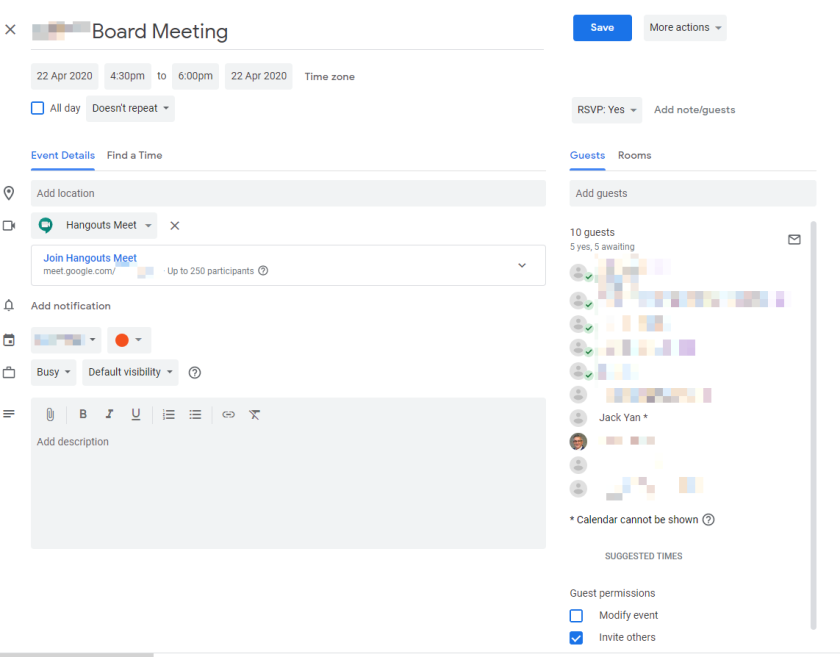
Happy anniversary, Jack.
Thank you for remembering, J.